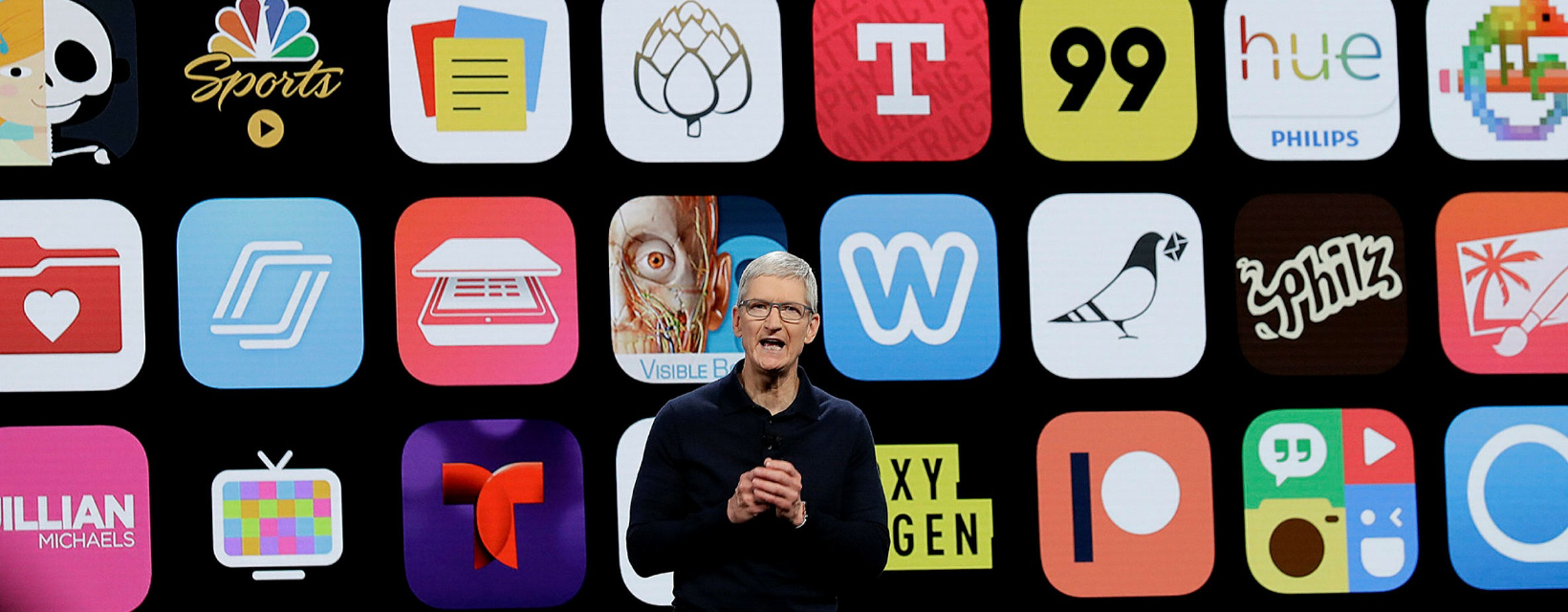Apple’s battle with regulators took a twist today with the company’s introduction of the App Store Small Business Program, which lowers the App Store’s take rate for developers earning less than $1 million in App Store revenue per year from 30% to 15%. For developers with App Store revenue greater than $1 million, Apple maintained its 30% commission rate. This move begs two questions. First, what is its immediate impact on App Store revenue? Second, will this adjustment diminish the risk of pending regulation, or will it elevate the case for larger developers to seek a similar commission reduction?
Modest financial impact
As to the financial impact, we’re lowering our App Store commission revenue estimate for FY21 from $15.8B to $14.2B. This $1.6B reduction represents 0.5% of total Apple revenue in FY21. This estimate is based on our belief that Services over the next year will account for about 20% of revenue, of which the App Store will account for about a quarter of that 20%. We also believe that 20% of total App Store revenue comes from smaller developers with $1m or less in annual gross revenue.
We anticipate this new commission structure will hold
As to our second question, we anticipate the 30% commission rate will hold for larger developers, given our belief that Apple and the broader app store industry will not be forced by regulators to lower its take rate. Regulators have a complicated role of balancing legal precedent with what’s best for consumers and competition. In this instance, we see little legal precedent and a tough case to be made that the App Store harms consumers. More simply, app stores have the right to define the rules of their stores. Developers can decide whether they want to participate within those rules.
Based on our belief that regulators were not going to force changes across app store take rates, we believe Apple’s motivation for the take rate reduction was to build consumer goodwill by cutting a break to smaller developers. This opens Apple up to accusations of unfair treatment from large developers, something Epic Games and Spotify have already done. Epic CEO Tim Sweeney said that Apple “is hoping to remove enough critics that they can get away with their blockade on competition,” and Spotify called the App Store policies “arbitrary and capricious.”
Our thesis could go wrong if regulators surprise us and begin treating app stores as utilities. Undoubtedly, app stores are a more important part of our lives today than they were five years ago and will play an increasing role in our lives in the decades to come. That said, we see a measurable gap between consumers’ future dependence on app stores, and consumers’ dependence on current regulated utilities that provide for our most basic needs, such as heat, electricity, transportation, and water. If we’re wrong, and app stores are further regulated, we believe this would open a regulatory pandora’s box related to basic retail markups, a slippery slope that regulators will likely want to avoid.
